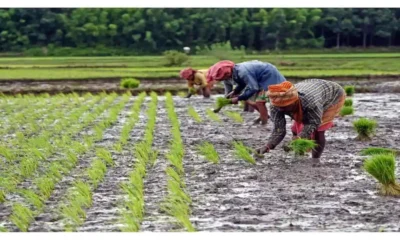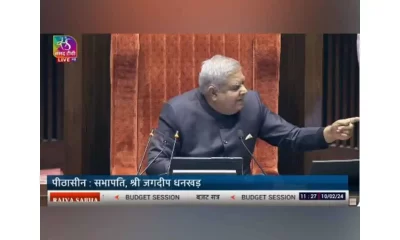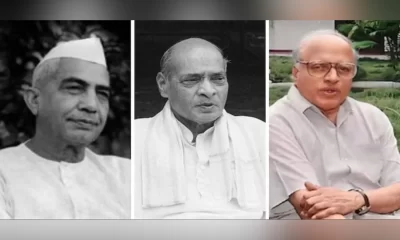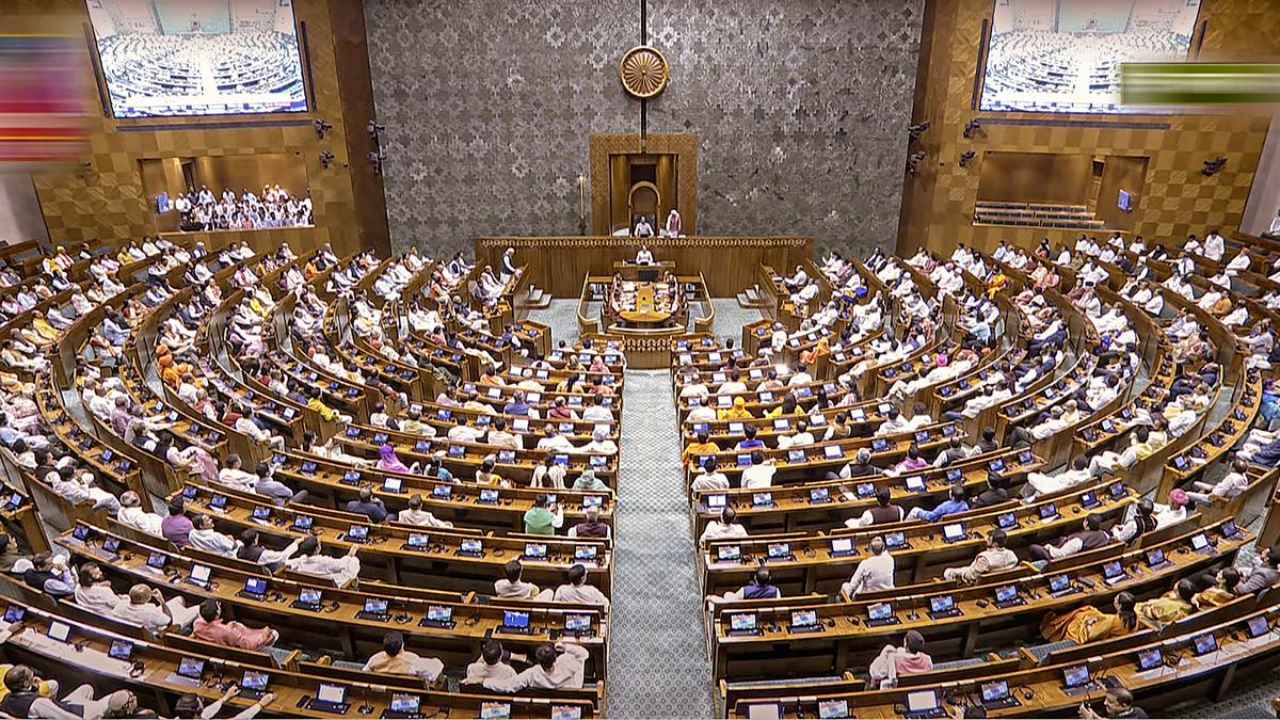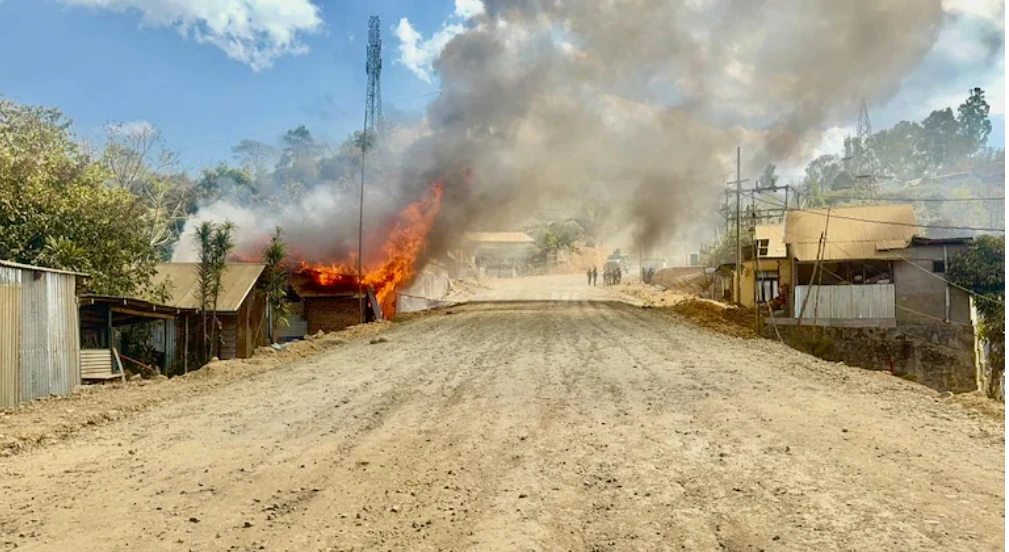India News
National Farmer’s Day: Honouring Chaudhary Charan Singh’s Legacy and the “Thank You Kisan” Trend

India News
Himanta Biswa Sarma files Rs 500 crore defamation case against Congress leaders
Assam Chief Minister Himanta Biswa Sarma has filed a Rs500 crore defamation case against senior Congress leaders, accusing them of making false and malicious allegations at a Guwahati press conference.
India News
Kiren Rijiju attacks Congress over Lok Sabha confrontation, shares video
Kiren Rijiju accused Congress MPs of degrading conduct in the Lok Sabha after sharing a video of a confrontation during the Motion of Thanks debate.
India News
Violence erupts again in Manipur as Naga, Kuki groups clash in Litan
Clashes between Tangkhul Naga and Kuki communities in Manipur’s Litan town left multiple houses damaged, forcing evacuations and prompting a curfew.
-

 India News12 hours ago
India News12 hours agoSupreme Court declines to hear Kuldeep Sengar’s bail plea in custodial death case
-

 Cricket news13 hours ago
Cricket news13 hours agoPakistan clears team to face India at T20 World Cup, cites spirit of cricket
-
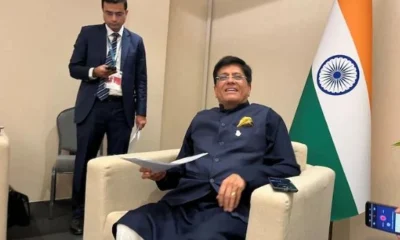
 India News13 hours ago
India News13 hours agoPiyush Goyal lauds USA’s fabulous effort against India in T20 World Cup
-
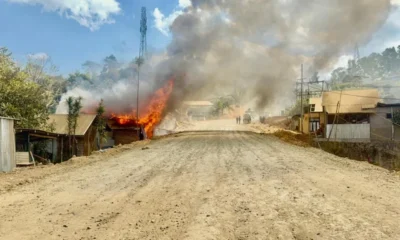
 India News4 hours ago
India News4 hours agoViolence erupts again in Manipur as Naga, Kuki groups clash in Litan
-
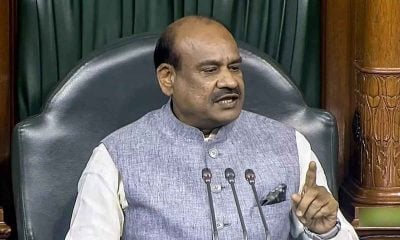
 India News4 hours ago
India News4 hours agoOpposition moves no-trust motion against Lok Sabha Speaker Om Birla
-

 India News2 hours ago
India News2 hours agoKiren Rijiju attacks Congress over Lok Sabha confrontation, shares video
-

 India News1 hour ago
India News1 hour agoHimanta Biswa Sarma files Rs 500 crore defamation case against Congress leaders

